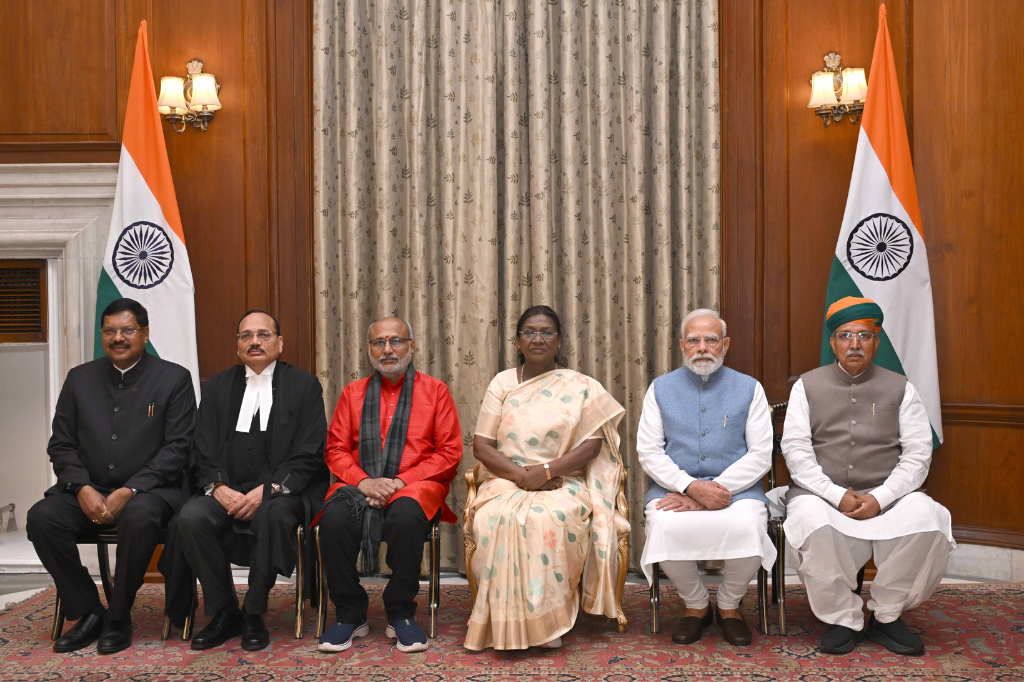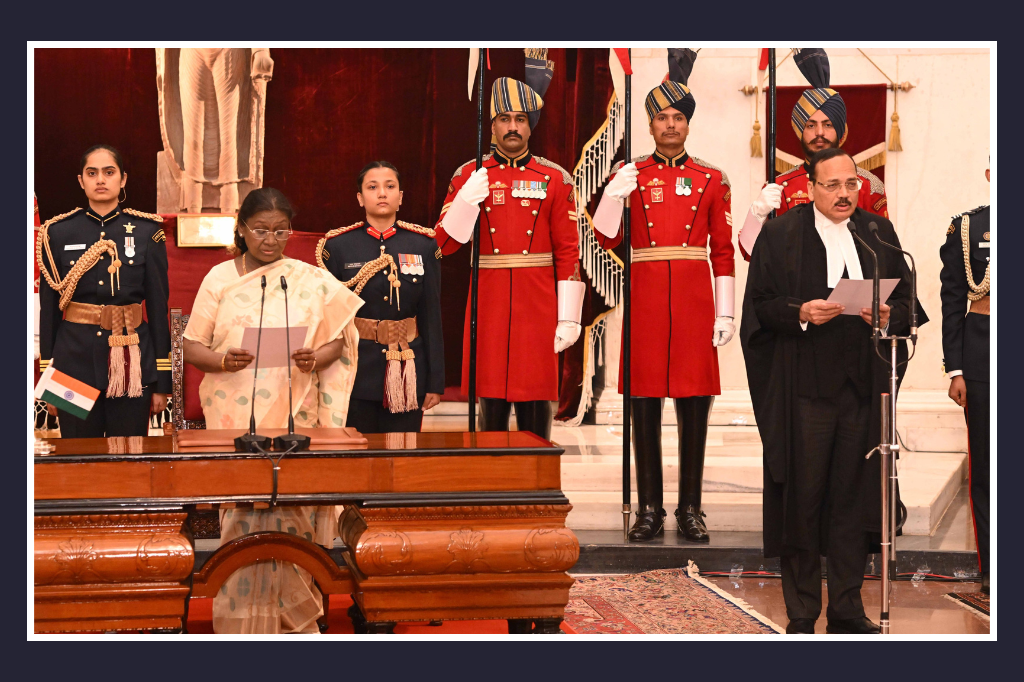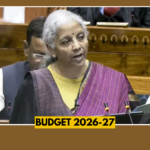Justice Surya Kant was sworn in as the 53rd Chief Justice of India on November 24, 2025, at a ceremony held at Rashtrapati Bhavan. President Droupadi Murmu administered the oath in the presence of Prime Minister Narendra Modi, Union ministers, senior judges and other dignitaries.
Justice Kant succeeds Chief Justice BR Gavai and will serve until February 9, 2027, when he attains the age of retirement. His appointment marks a significant moment in the judiciary, both because of his long-expected tenure and the wide-ranging experience he brings to the office.
Born on February 10, 1962, in Haryana’s Hisar district, Surya Kant began his legal career in 1984 at the Hisar District Court before shifting his practice to the Punjab and Haryana High Court a year later. Known for his expertise in constitutional, service and civil law, he rose quickly through the legal ranks. He became the Advocate General of Haryana in 2000, was designated a Senior Advocate in 2001, and was appointed a judge of the Punjab and Haryana High Court in 2004. In October 2018, he assumed charge as Chief Justice of the Himachal Pradesh High Court and was elevated to the Supreme Court of India in May 2019.
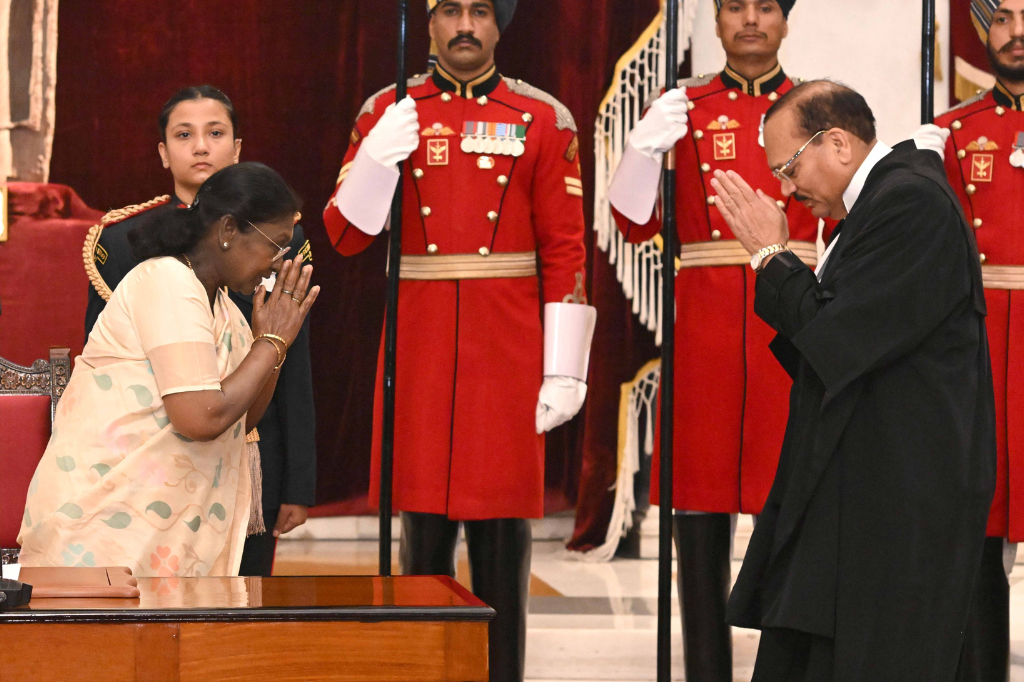
During his tenure as a Supreme Court judge, Justice Surya Kant contributed to several significant rulings that shaped national legal discourse. He was part of the bench that examined the validity of the abrogation of Article 370, a landmark decision that altered Jammu and Kashmir’s constitutional status. He also played an important role in matters involving the sedition law, where the bench recommended a pause on new FIRs while the government reviewed the colonial-era provision. In cases involving alleged Pegasus surveillance, he supported judicial scrutiny and technical examination of privacy concerns. His commitment to transparency was visible in directions related to fair voter-roll revisions, and he has consistently pushed for greater representation of women in bar associations.
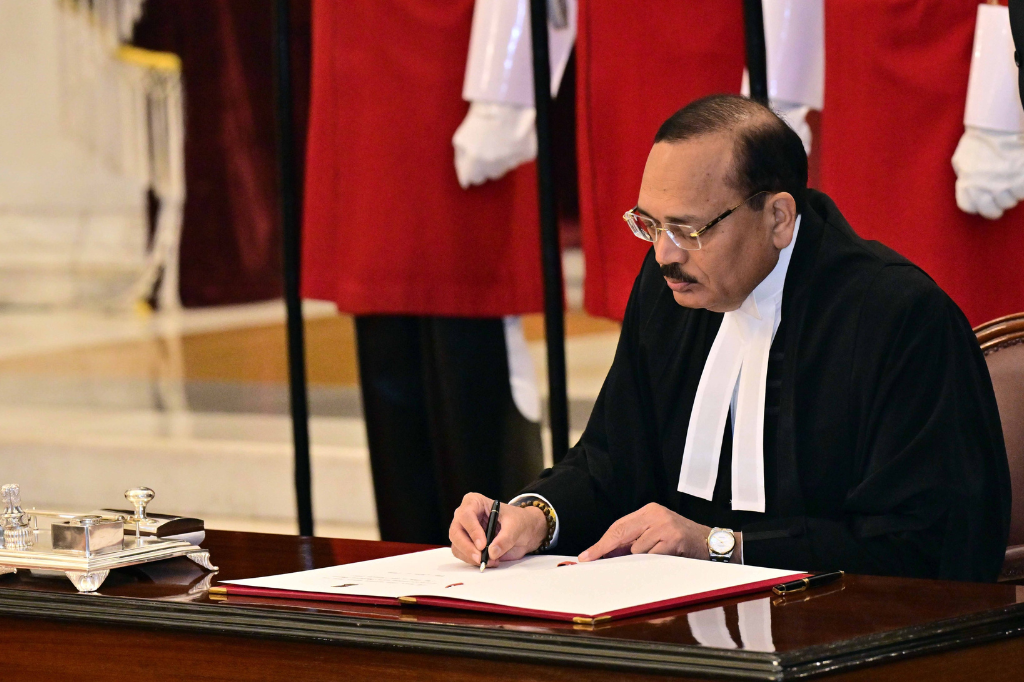
The oath-taking ceremony was notable for its broad international presence, with chief justices and judges from six countries, including Bhutan, Nepal, Kenya, Sri Lanka, Malaysia and Mauritius, attending the event. Their presence underscored India’s growing judicial engagement with global institutions. Justice Surya Kant’s elevation from a small town in Haryana to the nation’s highest judicial office symbolizes not only personal achievement but also the promise of a more inclusive and modern judiciary under his stewardship.
